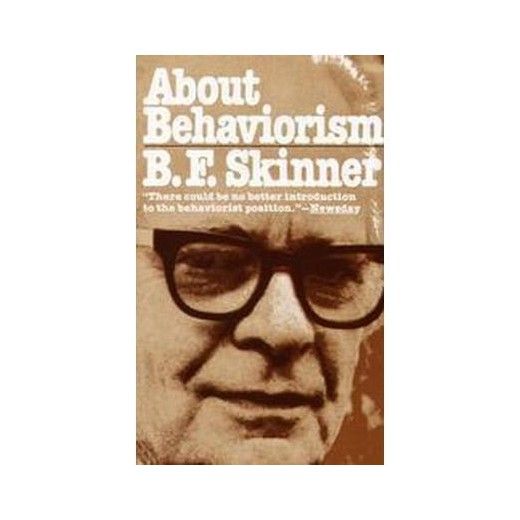More on the next crop of journalists
Leonard Witt at PJNet is concerned by some of the advice that I, Bryan Murley, Doug Fisher and Rob Curley give journalism students.
This is important stuff. And if you care about the future of our industry, you should be involved in this discussion.
If you haven't been following this debate, you can read my original post here.
Check out what Leonard said here.
Read Rob's response here.
Read Doug's original post and his response to Leonard here.
I responded in a comment to Leonard's blog. I've posted a copy of that comment below:
Len,
I think it should be clear by now that none of the folks you mention in your post believe that multimedia skills replace writing skills. This isn’t an either/or issue. (On the other hand, I do believe that reporting skills trump all other skills. Being a good reporter requires a particular personality type. I can’t teach that. I can, however, teach anyone to tell a story in adequate fashion. Many professional outfits feel the same way. For example, Bloomberg News requires that every journalist they hire — even those with decades of experience — attend a month-long program where they learn to tell stories in the Bloomberg style. )
What Rob, Doug, Bryan, Ryan and I are talking about is what students need to know in order to land a job. And the simple truth is that a kid who “only wants to be a writer” is unemployable.
Life in the working media today is hard. Competition is fierce. The hours are long. And the single most valuable thing an employee can bring to the table is flexibility.
I know dozens and dozens of very talented “writers” with decades of experience that have lost their jobs in recent years. I’m sure you do too. And it’s insane to expect that an industry that has laid off thousands of 40-year-old “writers” would be interested in hiring 22-year -old “writers.”
We expect something more from the next generation. We expect basic skills in Web journalism.
There is also another ugly truth here. I’ve met these kids. I’ve read their clips. And, as Rob Curley said, “they're not nearly as hot as they think they are.”
When I meet someone who “only wants to be a writer,” this is what I tell him:
1. Good luck.
2. Sell your work. If you have any writing ability at all, you should be able to sell your stuff on a freelance basis. A byline in the college paper doesn’t make you a writer. If you haven’t sold some pieces by your senior year, you either can’t write or you don’t work hard enough.
3. Find a way to pay the bills. Because no one I know will hire you as a journalist. Just like a struggling actor, get a job as a waiter and practice your craft in your free time.
4. If writing is the only thing you want to do, then write. Do it every day. Try to do it well. Do it because it makes you happy. But don’t expect me or my clients to subsidize your passion with a paycheck and health insurance. We’re not in the writing business. We’re in the journalism business.
For more on this topic, check out what Chris O'Brien at PBS' MediaShift said. And read what John Robinson at the Greensboro News & Record said.
Make sure you check out this advice from journalism student Sean Blanda.
And if you want to read the work of a 23-year-old who "gets it," check out Pat Thornton.
tags: journalism, b2b, media, trade press, magazines, newsletters, business media, journalism education




